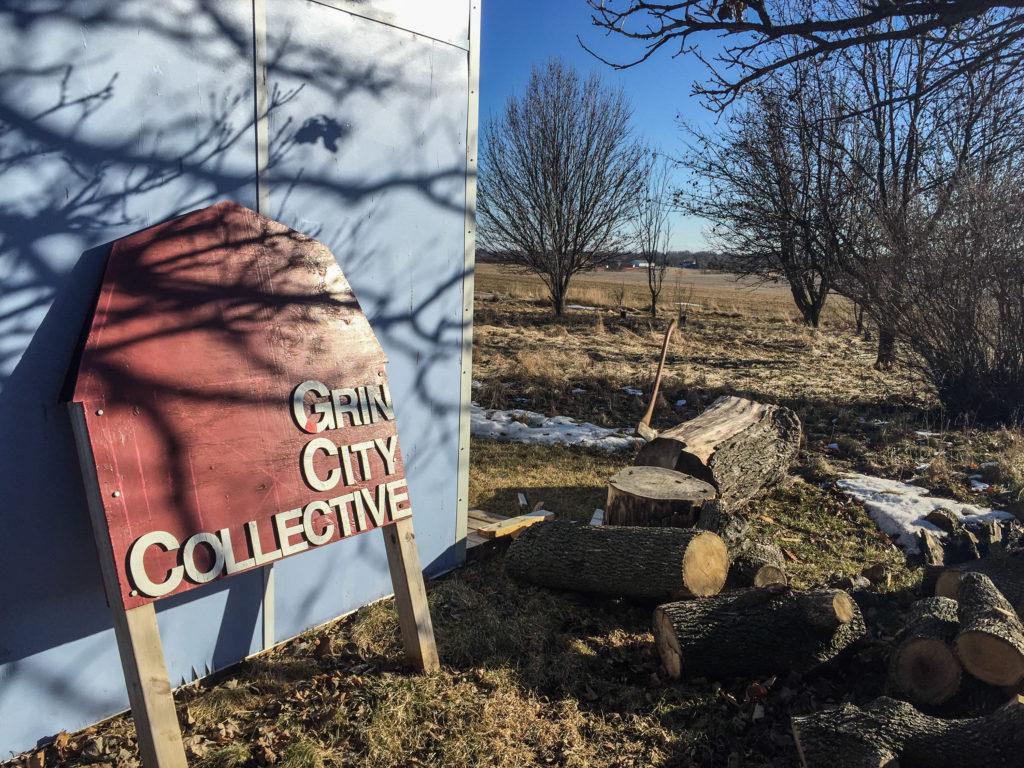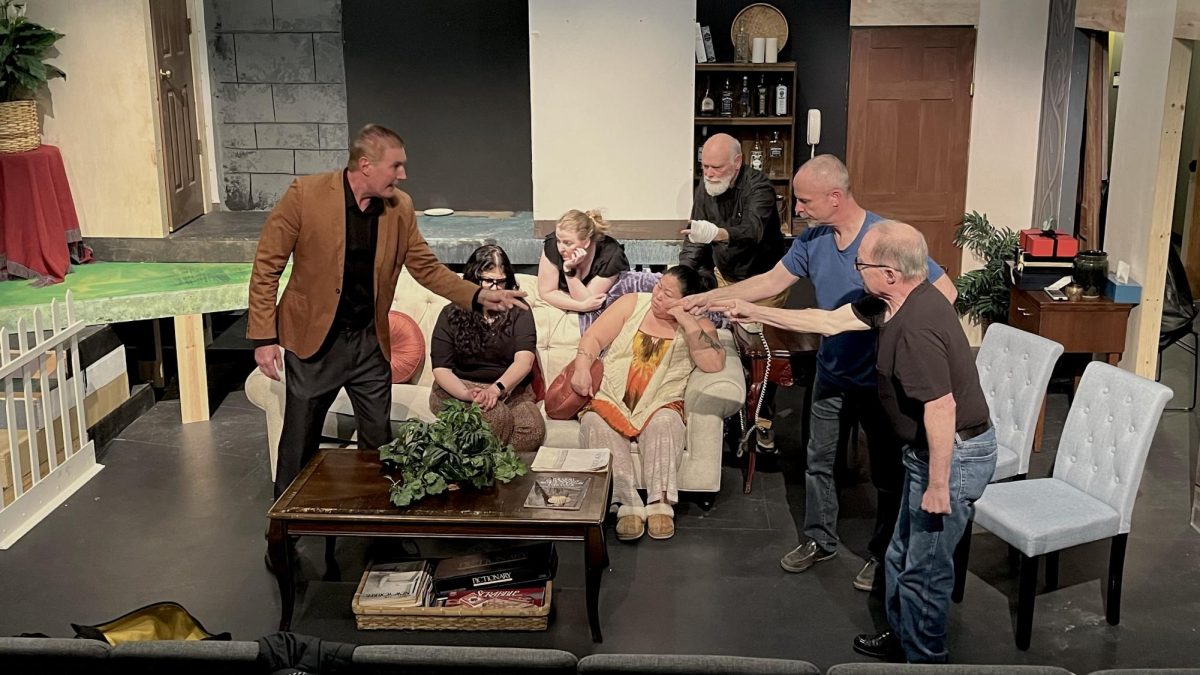By Mira Braneck
braneckm@grinnell.edu
The Grin City Collective has been going through major changes. After separating from the Grinnell Area Arts Council last year, the collective is now starting a micro grant program to fund local artists that want to create projects in their communities. In addition to this new program, former Executive Director Molly Rideout ’10 will be transitioning to the board of directors after seven years working on the ground at Grin City.
Through her new position on the board, Rideout will be more involved in the direction that the collective takes rather than day-to-day operations. The new position of programs director will be a part-time position, as well as the only employee position that Grin City maintains.
“The hope is that whoever we get has some interest and direction that they want to take the organization to, so the board will be kind of excited to see where their interests are and how that can match the interest of the organization,” Rideout said.
During their first full year as an independent organization, Grin City kept up its model of retreat-based artist residencies, one that had served them well for a decade. The new micro grant opportunity is an effort to fund locally based artists, rather than bringing artists from across the country to the area.
“We plan on still continuing [residencies] going forward, but we realized that in doing that we were missing supporting the really awesome ideas that are happening around our general area, that are happening with people who already live in those communities,” Rideout said. “And it doesn’t necessarily make sense for someone who lives in town to have an artist residency retreat in the town that they live in, but we still want those projects to be happening, because that’s key to our mission of strengthening community, of different communities using art as a building block.”
The micro grants can consist of up to $1,000 and professional support for one’s project. The project’s planned location must also be within a 40 mile radius of Grinnell. Rural communities will be prioritized.
“We feel that those are the least served communities,” Rideout said. “I know that we, as Grin City, when we’re trying to fundraise and generate sponsorships for projects, because we’re working in rural communities, it becomes a lot harder to find those sponsorships.” She hopes that this can be a new resource for these artists.
One of the main goals of the program is community building. With this, Rideout said that artists who will be strong candidates will have direct ties with a community, whether that be living in that community or having a history with it.
She also wants to see a collaborative aspect to the project. “We want each project to not just be the brain child of one person,” Rideout said. “The actual execution of the project should have input from many different people, especially people within the community.” This does not have to entail collaboration in the actual execution of the project, but in some element along the way of its planning.
Lastly, and most importantly, the proposal must fit within Grin City’s mission of strengthening communities.
“Place-making … means creative projects that heighten our sense of where we are and what resources and people and stories already exist in a location,” Rideout said. “Something that is really trying to pull out the stories or the histories or even just the shapes and landscape of a particular community will be the most ideal, most successful project for the grant.”
College students can apply for the grant, though Rideout noted that it will be a more competitive process for these applications, as students’ lives are often centered around the college community rather than the community at large.
“I would say that it might be a little more competitive for them to be able to prove that they have a real concrete connection to whatever community that they’re working in,” Rideout said.
Rideout hopes that the new program will allow for a wider scope of artists to create projects in their own communities.
“We can do certain things but we can’t be everywhere at once. So I think the micro grant is going to both open up projects that we as an organization wouldn’t have even thought about doing, and it’s going to bring it to more communities than we would have been able to logistically with our staff,” Rideout said. “I think it’s really going to make a difference on a different level than we have before.”
Round 1 of applications begins Oct. 1 and ends Nov. 1. Read more about how to apply at http://www.grincitycollective.org/grants.




















































